Chickens have been domesticated partners of humans for thousands of years, and this age-old relationship is being rediscovered today through the practice of keeping backyard chickens. From suburban homes to urban rooftops, this trend of home farming is increasingly becoming a part of modern lifestyle. The reason? It’s simple – chickens are far more than just egg layers; they are social, productive, and can truly complement your home farming efforts. This article offers an insider’s perspective on keeping backyard chickens, from setup and care to dealing with common challenges.
Contents
The Basics Of Keeping Backyard Chickens
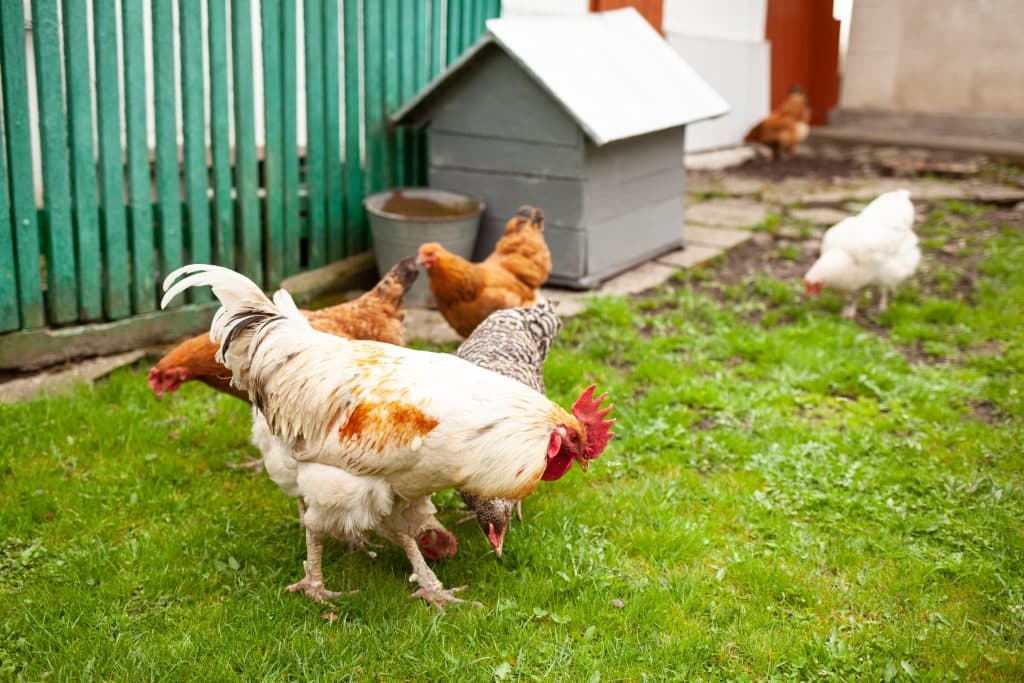
Keeping backyard chickens is an endeavor that involves commitment and care but also rewards in ample measures. The first basic requirement is space. Chickens need an outdoor area where they can forage, roam around, and perform their natural behavior. The space needs to be secure, fenced and should have a well-built coop for shelter and nesting. It’s not all about physical setup, though. Ensuring a balanced diet for your chickens, keeping them safe from predators and diseases, and observing local regulations are all part of the package.
Understanding the role chickens play in home farming can help you appreciate this venture. Chickens are not just sources of fresh eggs; they also contribute to pest control and composting. They love scratching around, and in the process, they eat bugs, snails, and small insects, helping to keep your garden pest-free. Furthermore, chicken manure makes excellent compost for your vegetable garden, creating a well-rounded ecosystem right in your backyard.
Why Keep Chickens In Your Backyard?

The rewards of keeping backyard chickens go beyond the benefits of fresh, organic eggs. There’s a unique joy in watching these birds peck, cluck, and strut around your backyard, bringing life and activity to your home. As creatures with distinct personalities, chickens can also be delightful pets for adults and a source of learning and responsibility for children.
There’s also the sustainable angle to consider. By keeping chickens, you contribute to the local food movement, reducing reliance on factory-farmed eggs. The eggs from your chickens are not only fresher but are also likely to be more nutritious, given that backyard chickens have a varied diet and more room to move around. The benefits are clearly multi-fold, making the case for keeping backyard chickens compelling.
The Best Chickens For Your Backyard

Choosing the right chicken breeds for your backyard largely depends on your goals, climate, and space. If egg production is your primary aim, consider breeds like the Rhode Island Red, Leghorn, or Sussex. For colder climates, the Plymouth Rock or Orpington breeds, known for their hardiness, may be suitable.
However, if you’re looking for pets who can also provide eggs, Silkies or Cochins could be a great choice due to their friendly nature. Each breed comes with its own set of advantages and care requirements. Therefore, it is crucial to do your research or consult with an expert before making your selection.
Setting Up Your Backyard For Chickens
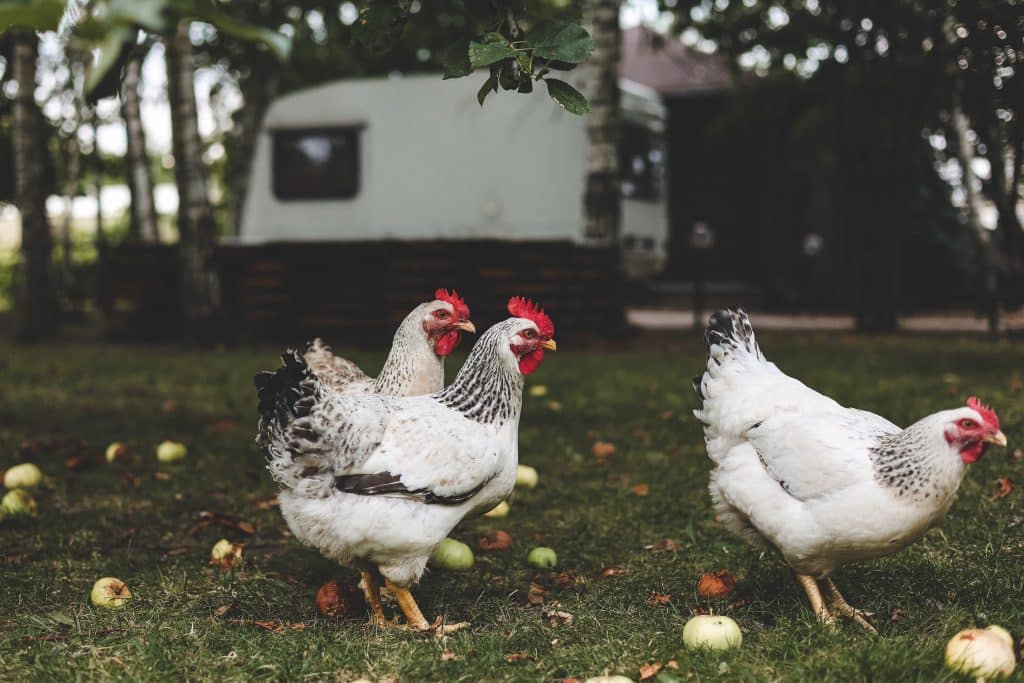
Preparing your backyard for chickens involves creating a safe and comfortable environment for them. A sturdy chicken coop is a necessity. It provides shelter, protects chickens from predators, and gives them a space for nesting. Coops can be bought or built, depending on your budget and DIY skills. In addition to the coop, chickens need a run—an open area where they can forage and roam freely during the day.
Apart from these physical structures, you must also consider aspects like sunlight exposure, wind direction, and proximity to your house. Ensuring easy access to clean water and feeders is equally important. A well-set backyard will promote the health and happiness of your chickens, enhancing their productivity.
Feeding And Caring For Your Chickens
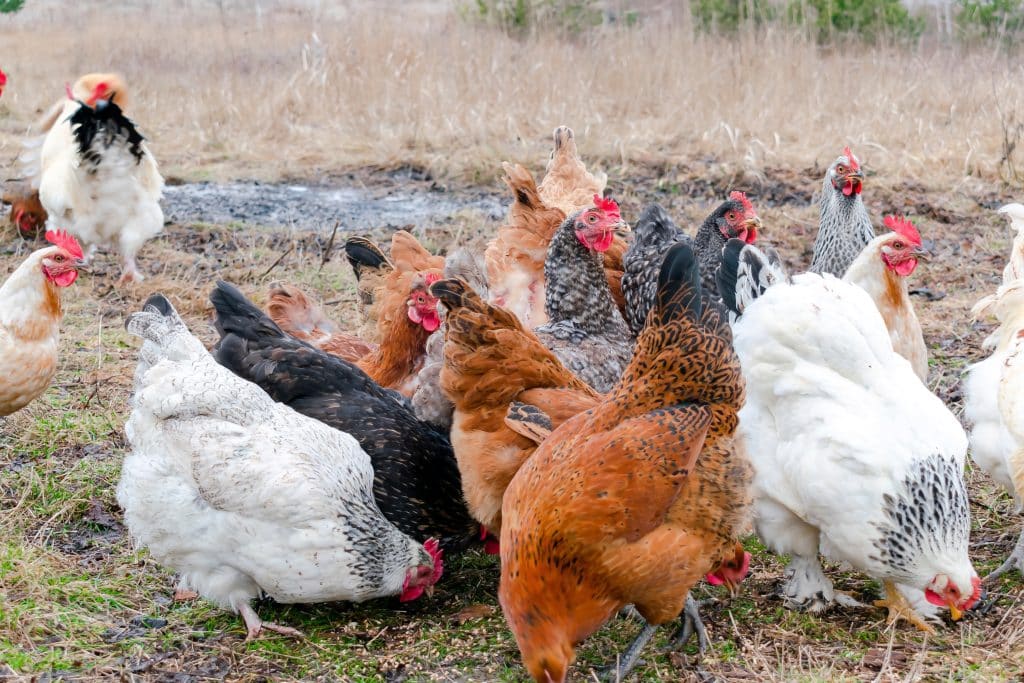
The diet of your chickens should be balanced and nutritious. Poultry feed available in the market usually contains a mix of grains, seeds, and nutritionally necessary additives to provide a well-rounded diet. Along with this, chickens will also naturally forage for bugs, grass, and kitchen scraps. Remember that not all scraps are safe, so you must be aware of what to avoid.
Just like any other pet, chickens need regular check-ups to maintain their health. Regular deworming and vaccinations should be part of your chicken care routine. Additionally, learning to identify signs of common diseases in chickens can help you address health issues promptly, ensuring the well-being of your feathered friends.
Common Challenges In Keeping Backyard Chickens

While the rewards of keeping backyard chickens are substantial, there are also challenges to consider. Noise and smell are two common concerns, particularly in urban or suburban settings. Chickens can be loud, especially in the morning, and improper coop management can lead to foul odors. Mitigation strategies include choosing quieter breeds, regular coop cleaning, and implementing sound barriers.
Predators are another concern for backyard chicken keepers. From raccoons to foxes, several animals are known to attack chickens. A sturdy coop, secure fencing, and vigilance during dusk and dawn, when predators are most active, can help protect your chickens. Remember, being prepared for these challenges can make your chicken-keeping journey smoother and more enjoyable.
Are Backyard Chickens Right For You?
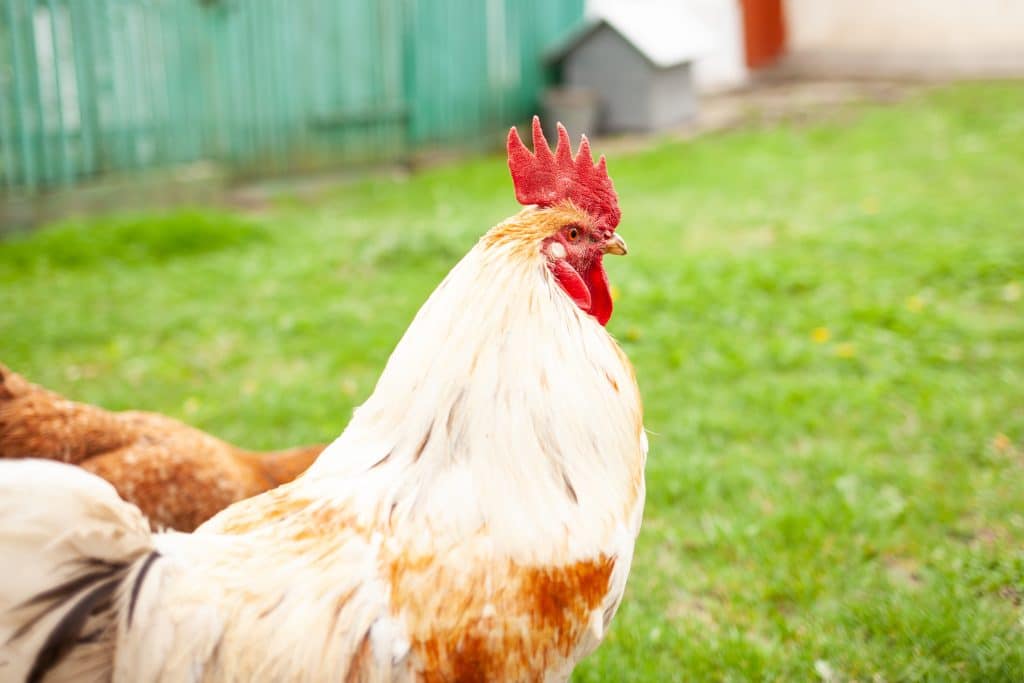
Keeping backyard chickens is a fulfilling activity, but it requires time, resources, and commitment. You should consider factors such as available space, the time you can devote to chicken care, your tolerance for potential noise or mess, and your willingness to learn about chicken health and behavior.
Furthermore, you should be prepared to invest in the necessary equipment, such as a coop and fencing. While these upfront costs can be considerable, they are often offset by the long-term savings of fresh eggs and organic fertilizer.
Legal Considerations For Keeping Backyard Chickens
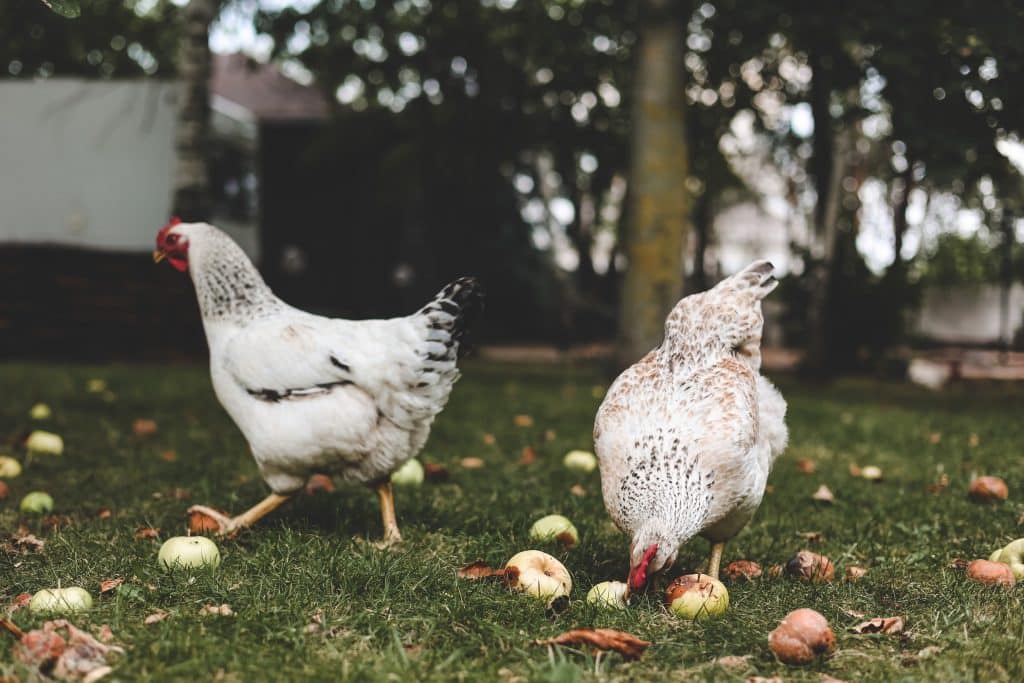
It’s crucial to familiarize yourself with local laws before starting your backyard chicken endeavor. These laws vary widely. Some cities allow residents to keep chickens without restrictions, while others have specific rules about the number of chickens, coop specifications, and whether roosters are permitted.
Additional rules may apply if you are part of a homeowners association (HOA). It’s always better to know the regulations in advance to avoid any legal issues down the road. A quick call or visit to your local city or county office should provide you with the necessary information.
Sharing Your Life with Chickens: Personal Stories

People who choose to keep backyard chickens often have rewarding stories to share. From the joy of collecting the first egg to watching the chickens interact with each other, these experiences can be a source of pleasure and learning. Such stories also underscore the sense of community that can develop among backyard chicken keepers, with neighbors often coming together to share tips, exchange breeds, or simply share the joy of this unique hobby.
Ultimately, sharing your life with chickens is about embracing a more sustainable and connected way of living. It’s about learning, growing, and reaping the rewards of your hard work. Each day can bring a new experience, a new challenge, and a new reason to be grateful for these feathery additions to your family.
Are You Ready To Start Keeping Backyard Chickens?
Keeping backyard chickens is more than a hobby—it’s a lifestyle choice that brings with it numerous benefits and a few challenges. But with every freshly laid egg and every delighted cluck, you may find the challenges worth the rewards. With the proper preparation and commitment, chickens can be a delightful addition to your home farming efforts, contributing not just to your table but also to your garden, your understanding of nature, and your sense of community. Embrace the journey—it promises to be a rewarding one.


